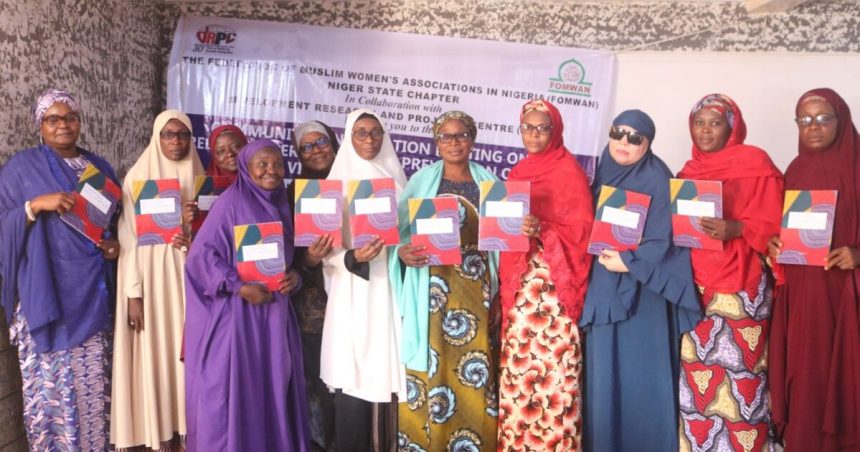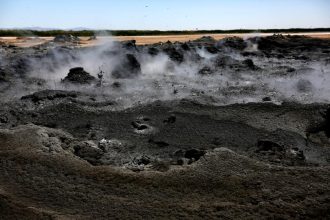The Chairman of Shiroro Local Government Area of Niger State, Isiyaku Hakimi, has called for urgent interventions to support survivors of gender-based violence in the state, warning that many victims of banditry-induced abductions and abuse are struggling to reintegrate into their communities.
Hakimi made the call on Saturday in Minna, the state capital, during a sensitisation workshop organised by the Development Research and Projects Centre under the Muslim Opinion Leaders project, in collaboration with the Federation of Muslim Women Association of Nigeria, with support from the Ford Foundation.
Represented by Alhaji Tanko Muhammad, the chairman said four emirate councils in the state, Paikoro, Shiroro, Munya, and Bosso, have been severely affected by kidnappings and GBV.
He recalled the recent rescue of 35 abducted women, noting that many survivors require urgent psychosocial, economic, and community support.
“We need to continuously work with the survivors in designing and implementing interventions that would reintegrate them into their communities.
“Decisions about them should not be made without their input,” he said in a statement made available on Sunday.
Hakimi urged the state and local governments to adopt the Kinshasa Declaration, an African framework for ending stigma and strengthening the rights of survivors of sexual and gender-based violence.
Hakimi commended the organisers of the programme and called on development partners, religious groups, and donor agencies to intensify support for survivors in Niger and across northern Nigeria.
The Executive Director of dRPC, Dr. Judith-Ann Walker, represented by Hassan Karofi, said the workshop was anchored on the Kinshasa protocol to ensure reparation and inclusion of survivors.
He added that the Muslim Opinion Leaders project has been engaging communities and policymakers across five northern states to prevent GBV.
Similarly, the Director-General of Niger State Religious Affairs, Dr. Umar Faruq, represented by Alhaji Ibrahim Muhammad Mukhtar, appealed to communities to end the stigmatisation of survivors, stressing that rejection often worsens trauma and, in some cases, leads to Stockholm syndrome.
In his keynote address, the Chief Imam of Waff Road Mosque in Kaduna, Imam Muhammad Isah, cited Islamic teachings that forbid stigmatisation, warning that anyone who discriminates against survivors is no different from perpetrators of GBV.
One of the survivors, Malama Zainab, narrated how she and others spent 20 months in captivity, forced into farm work, domestic servitude, and repeated abuse.
She, therefore, urged governments at all levels to provide urgent assistance for survivors to rebuild their lives.









